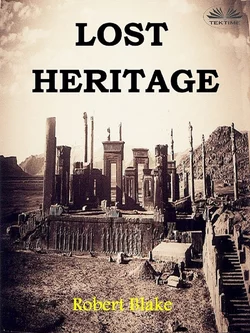Lost Heritage

Robert Blake
Тип: электронная книга
Жанр: Современная зарубежная литература
Язык: на английском языке
Стоимость: 313.53 ₽
Статус: В продаже
Издательство: TEKTIME S.R.L.S. UNIPERSONALE
Дата публикации: 16.04.2024
Отзывы: Пока нет Добавить отзыв
О книге: A vibrant thriller of adventure, suspense and mystery set in the last quarter of the XIX century and the First World War.